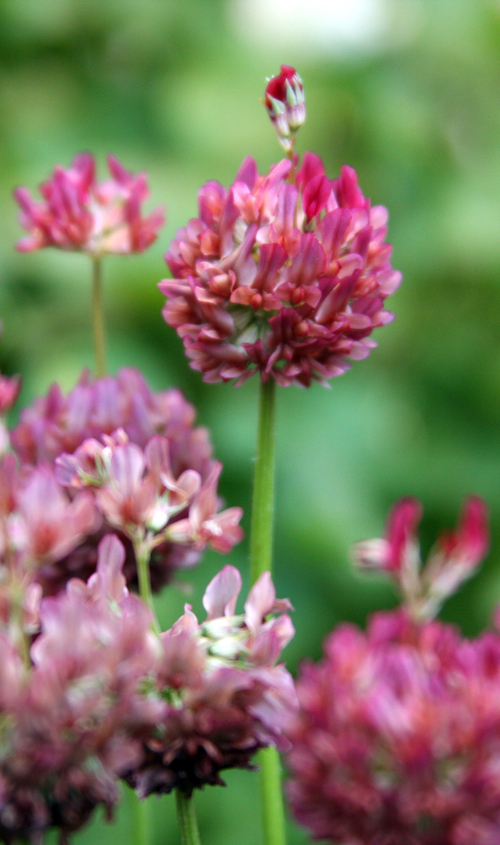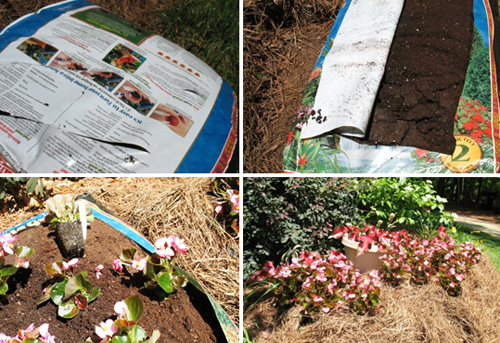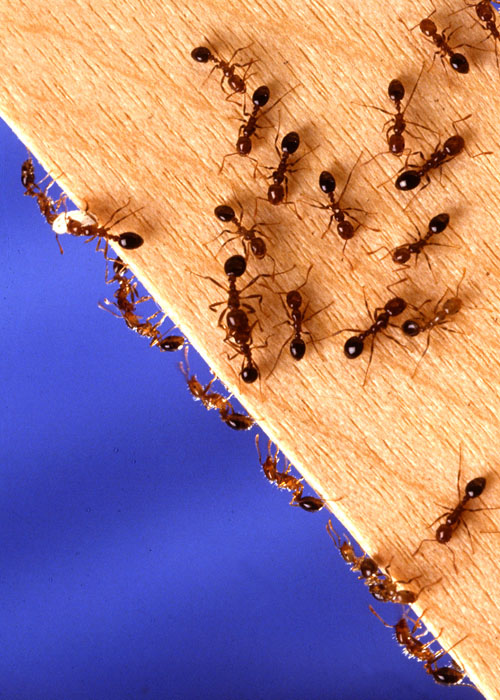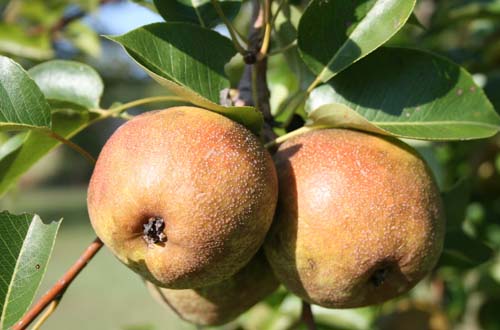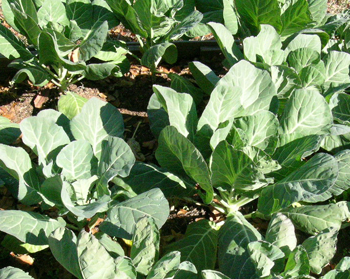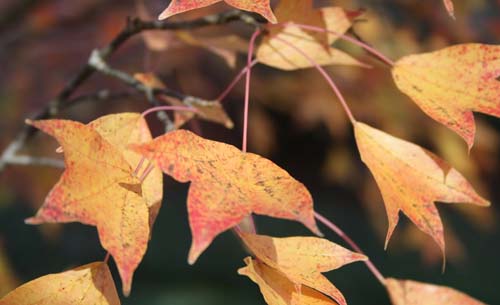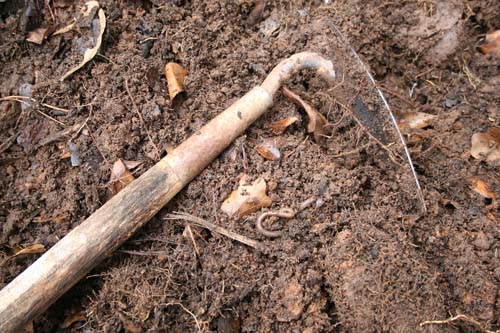 CAES News
CAES News
Clean, oil and sharpen garden tools before storing for the winter.
If you don’t plan to grow a fall garden, fall can be the perfect time to inspect, repair and clean your gardening tools.

